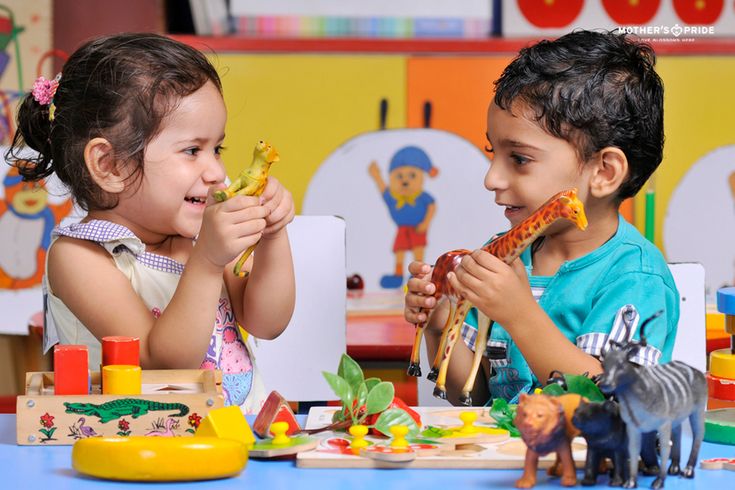When we think of parenting, it’s easy to picture flawless families who seem to have everything in order—from spotless homes to kids with perfect manners. Social media feeds this image of perfection: moms who never lose their patience, dads who always have time for play, and children who never argue. Yet, behind the highlight reels and picture-perfect poses, lies a truth that’s more relatable to us all—parenting is messy, imperfect, and beautifully human.
The Pressure of Perfect Parenting
Society often tells us there’s a "right way" to raise our children, piling on expectations from every direction. From the moment our children are born, we’re flooded with well-meaning advice on every parenting choice: feeding, sleep routines, playtime, school decisions, extracurriculars—the list never ends! But here’s the real question: who decides what’s “perfect”?
For many parents, this pressure can be even heavier due to cultural expectations. We grow up hearing things like, "What will people say if..." or "A good parent should always..." It’s no wonder we feel the pressure to “get it right” all the time. But here’s a thought: does trying to be perfect truly make us better parents? Or does it just make us more exhausted?
The Beauty in Vulnerability
Instead of aiming for perfection, what if we embraced vulnerability? Vulnerability is the courage to say, “I don’t know,” “I’m trying my best,” and “Sometimes, I make mistakes too.” This honesty is not a sign of weakness; it’s a powerful example of being human. When children see us struggling and overcoming challenges, they learn that it’s okay to be imperfect. They grow up understanding that emotions are valid, that mistakes are learning opportunities, and that resilience is built from facing life head-on.
Imagine how comforting it would be for a child to know that even adults don’t always have it together. Vulnerability teaches them compassion—for others and for themselves.
Rahul’s Story: The “Homework Battle”
Rahul, a father of two, often found himself battling his son over homework. Every night was a repeat of the same scene: frustration and tears on both sides. Rahul would try reasoning, then bribing, and sometimes even scolding, but no matter what he did, his son just wouldn’t focus on his work. For Rahul, it felt like a constant failure. “A good father makes sure his kids succeed in school,” he’d tell himself, echoing the messages he’d heard growing up.
One evening, after another homework struggle, Rahul found himself completely drained. That’s when he took a different approach. Instead of insisting his son finish his homework, he decided to simply ask, “Is it really that hard for you?”
His son’s response was surprising. “I just feel like I’ll mess it up, Dad,” he admitted, his voice small and hesitant. Rahul realized his son wasn’t being stubborn out of laziness or rebellion—he was scared of making mistakes. Rahul could suddenly relate. How often had he felt the same way about parenting?
That night, Rahul did something different. He didn’t try to fix the problem or pressure his son to do things “right.” Instead, he shared his own struggles. “You know,” he said, “sometimes I worry about not being a good dad. I don’t always know how to help you, but I’m learning.” Seeing his father open up, his son softened and shared more openly about his worries. That evening, homework was still waiting, but Rahul had gained something far more valuable—a stronger, more honest connection with his son.
Over time, they both began approaching homework with less pressure and more teamwork. Rahul learned that sometimes stepping back and showing vulnerability could be more impactful than any method or advice. His son became more willing to try things without fearing mistakes because he’d learned that mistakes were okay—a lesson he would likely carry with him far beyond the classroom.
Letting Go of “Perfect”
Rahul’s story reminds us that letting go of perfect parenting doesn’t make us weaker. In fact, it creates a more supportive and safe space for our children to grow.
Here are a few simple reminders for parents trying to embrace imperfection:
Celebrate Small Wins
Parenting isn’t about achieving “big” successes every day. Celebrate those small moments that build connections, like laughing over a silly mistake or learning something new together.
Set Realistic Expectations
Don’t hold yourself to an idealized standard. It’s okay if not every day is a “good parenting day.” Children remember the love and connection more than the perfection.
Value Quality over Quantity
Spending meaningful, connected moments with your children matters more than clocking in hours with them. Be fully present for the moments you have together.
Prioritize Connection Over Control
Trying to control every part of your child’s life can create more tension than connection. Letting go a little can often bring you closer.
A Message to All Imperfect Parents
If you’re ever feeling overwhelmed by the need to be a perfect parent, take a deep breath and know that you’re not alone. Every parent faces the same feelings and the same struggles. And every child learns and grows from seeing their parents be real, not perfect.
Tonight, as you put your kids to bed, remember: the love, the laughter, the lessons—these are what make you the parent your child needs, not the checkboxes of “perfect parenting.”
Embrace the mess, let go of the perfection, and know that in every little mistake, you’re creating the space for your child to grow with acceptance and resilience.









